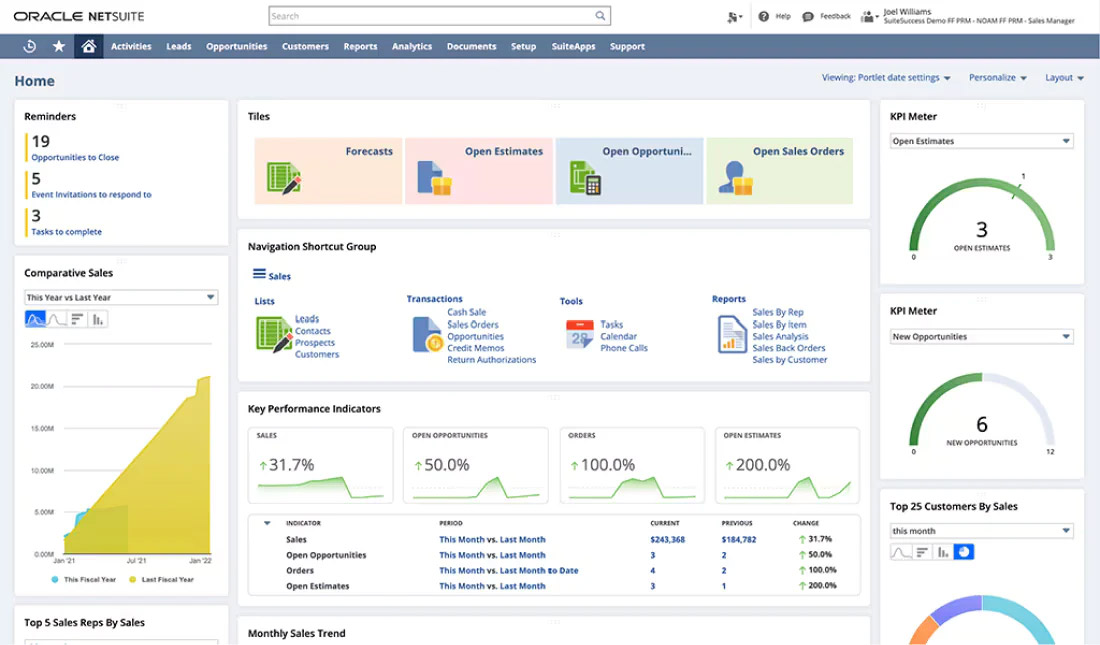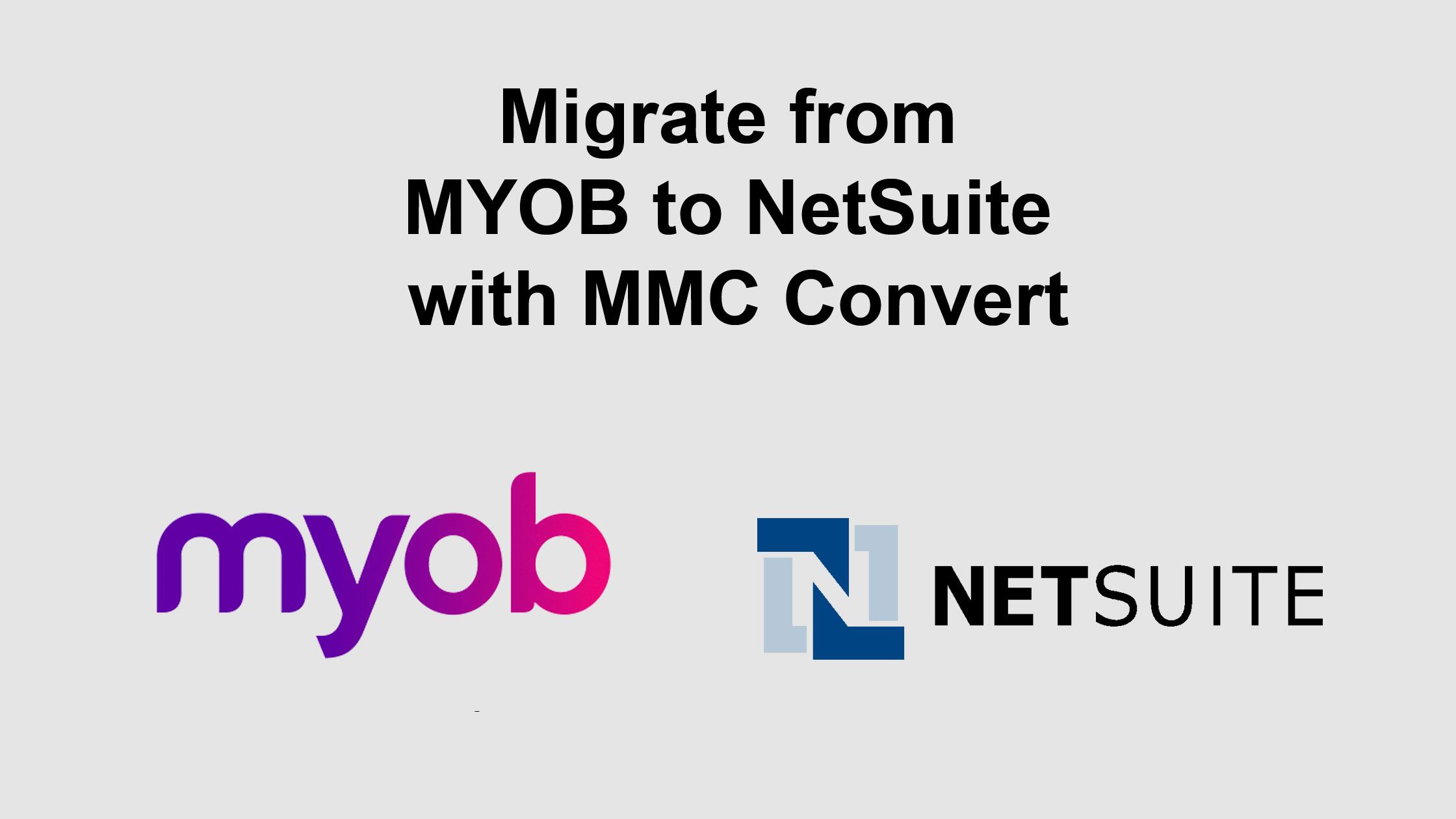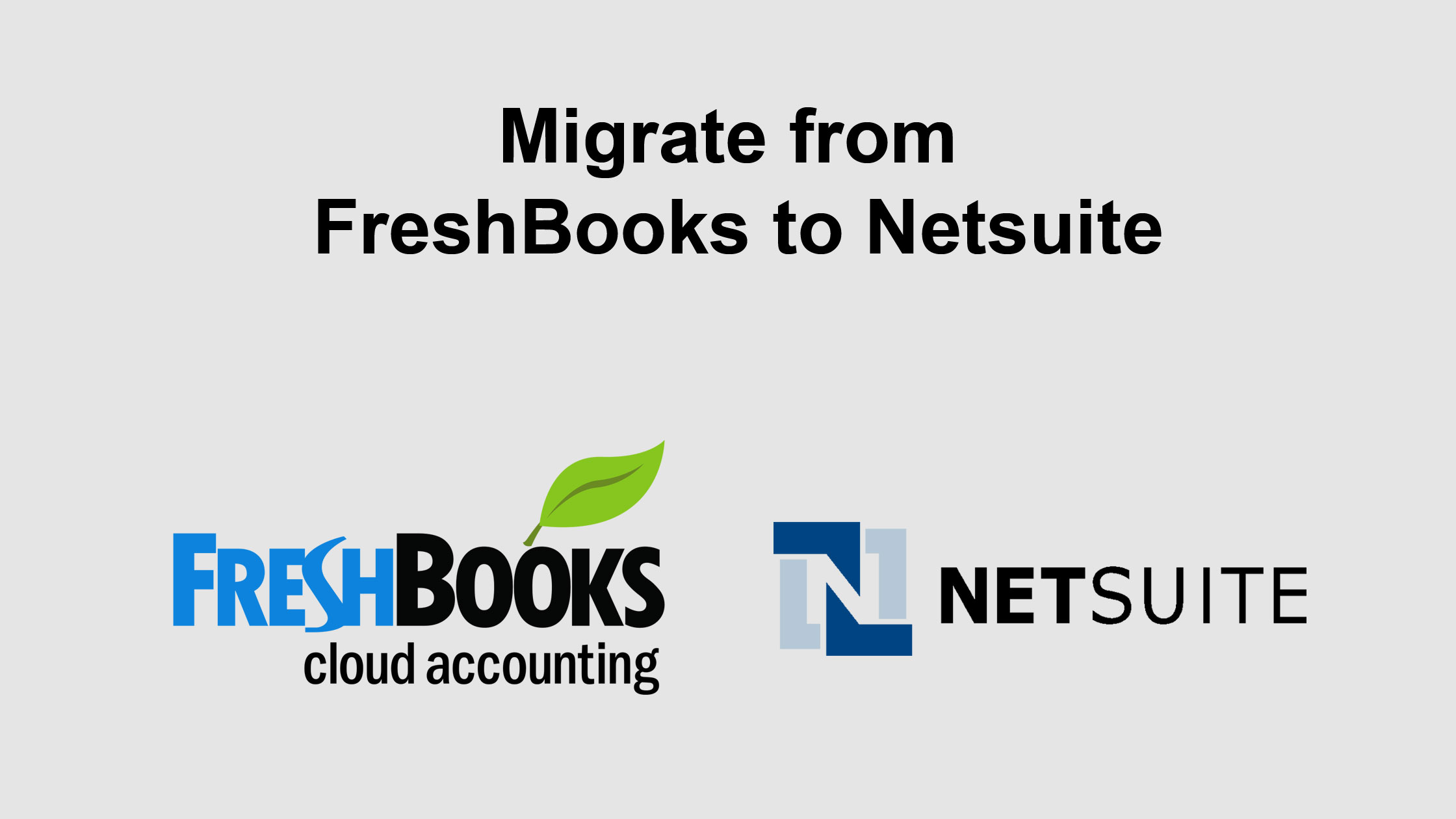Switching ERP systems can feel overwhelming — but it doesn’t have to be. If you’re looking to migrate from Odoo to NetSuite, you’re in the right place. This guide will walk you through why businesses make the switch, what challenges to expect, and how MMC Convert ensures your migration is smooth, fast, and stress-free.
Why Businesses Are Moving from Odoo to NetSuite
Odoo is a capable platform, but as businesses scale, they often need more robust automation, deeper reporting, and better cloud accessibility. NetSuite offers unmatched flexibility, integration capabilities, and global scalability — making it a natural choice for growing enterprises. Migrating doesn’t just modernize your operations; it positions you for future growth.
Odoo vs NetSuite: What’s the Difference?
While Odoo is modular and open-source, NetSuite delivers a unified, cloud-based ERP with native integrations, advanced financial tools, and automated compliance features. NetSuite’s strength lies in its real-time visibility, global compliance capabilities, and native scalability. For companies experiencing rapid growth, NetSuite’s enterprise-grade features become a game-changer.
Features of NetSuite Accounting Software
1. Cloud-Based Accessibility – Access your accounting and ERP data securely from anywhere, anytime, enabling real-time collaboration and eliminating the need for expensive on-premise hardware and maintenance costs.
2. Real-Time Financial Reporting – Generate accurate, up-to-the-minute financial statements and performance metrics, empowering data-driven decisions without waiting for month-end closures or manual report consolidation processes.
3. Multi-Currency Management – Seamlessly handle global transactions in multiple currencies, with automatic exchange rate updates, simplifying international trade and ensuring accurate conversions for reporting and compliance.
4. Automated Revenue Recognition – Streamline compliance with revenue recognition standards, automatically calculating and scheduling revenue based on contracts, subscriptions, or sales agreements to save time and reduce errors.
5. Advanced Budgeting Tools – Plan and track budgets with precision, leveraging forecasting models and scenario planning to anticipate cash flow needs and align spending with strategic goals effectively.
6. Integrated CRM Features – Combine customer relationship management with accounting, giving sales and finance teams unified data for improved forecasting, billing accuracy, and customer satisfaction.
7. Customizable Dashboards – Personalize dashboards with key metrics, charts, and alerts, ensuring stakeholders see only the most relevant and actionable financial information at a glance.
8. Automated Workflows – Reduce manual work by automating approvals, invoicing, and reporting processes, boosting efficiency while minimizing human errors in repetitive accounting tasks.
9. Inventory and Order Management – Track stock in real-time, automate reordering, and integrate purchasing with financials to improve cash flow and prevent stockouts or overstocking.
10. Strong Data Security – Benefit from role-based access controls, encryption, and compliance with global data protection standards, safeguarding sensitive financial information against unauthorized access.
11. Tax Compliance Automation – Automatically calculate, apply, and report taxes across multiple jurisdictions, simplifying compliance with local and international tax regulations for stress-free audits.
12. Scalable Architecture – Grow without system limitations, adding new modules, users, or subsidiaries easily, ensuring your ERP scales with your evolving business needs and market opportunities.

Challenges of Migrating from Odoo to NetSuite (and How to Overcome Them)
ERP migration is a complex process. Common challenges include:
- Data Mapping Complexity – Aligning Odoo’s data structures with NetSuite’s fields requires precision.
- Risk of Data Loss – Without expert handling, key historical data might be lost.
- Downtime Concerns – Unplanned downtime can disrupt business operations.
- Compliance Requirements – Migrating financial data must adhere to legal standards.
MMC Convert eliminates these risks through a tested, secure, and rapid migration process that preserves data integrity while minimizing disruption.
Step-by-Step Migration Process with MMC Convert
How It Works – We convert your data file in just a few simple steps:
Step 1: Load File – Provide us with your exported Odoo data file.
Step 2: Select Service & Provide Details – Choose “Odoo to NetSuite Migration” and share relevant details.
Step 3: Make Payment / Approve Quotation – Confirm your service order quickly.
Step 4: Leave File with MMC – Our team handles the heavy lifting from here.
Step 5: Receive Subscription Transfer – Get your complete NetSuite account with all your data accurately migrated.
This streamlined process ensures your business experiences zero unnecessary delays.
Tips to Ensure a Smooth ERP Migration
- Backup Your Data – Always maintain a secure copy before migration.
- Engage Stakeholders Early – Ensure all departments understand the migration timeline.
- Choose Off-Peak Hours – Minimize disruption by migrating during low-activity periods.
- Test Thoroughly Post-Migration – Verify reports, dashboards, and integrations before fully switching over.
Why Choose MMC Convert for Your Odoo to NetSuite Migration
MMC Convert specializes in seamless, hassle-free accounting software migrations. Our experienced team has successfully handled thousands of conversions across dozens of platforms. Key advantages:
- Specialized Expertise – Deep familiarity with Odoo and NetSuite data structures.
- Fast Turnaround – Migration completed in record time without sacrificing accuracy.
- Secure Handling – Industry-grade encryption keeps your financial data safe.
- End-to-End Support – From consultation to post-migration checks, we cover it all.
When you choose MMC Convert, you’re not just getting a migration — you’re getting peace of mind.
Start Your Migration Today
Don’t let technical complexities hold you back. MMC Convert makes it easy to migrate from Odoo to NetSuite with zero stress, zero guesswork, and 100% accuracy.
Contact us today to start your hassle-free migration from Odoo to NetSuite with MMC Convert — where precision meets speed for your business success.
FAQs
1. How long does it take to migrate from Odoo to NetSuite?
Migration timelines vary based on data size and complexity. With MMC Convert’s optimized process, most migrations are completed in just a few days, ensuring minimal business disruption and smooth operational continuity.
2. Will all my historical Odoo data be transferred to NetSuite?
Yes. MMC Convert ensures complete migration of historical transactions, customer and vendor data, financial records, and reports, so your NetSuite system retains full operational and compliance-ready historical accuracy.
3. Can my custom fields and reports in Odoo be migrated?
Absolutely. Our team maps all relevant custom fields, templates, and report formats from Odoo to equivalent structures in NetSuite, ensuring your customized workflows remain intact post-migration.
4. Is there any downtime during the migration process?
Downtime is minimal to none. We plan migrations during low-activity periods, perform trial runs, and validate results before switching, allowing you to continue operations without major interruptions.
5. How secure is the Odoo to NetSuite migration process?
MMC Convert uses encrypted data transfer, role-based access controls, and strict confidentiality protocols to ensure your sensitive financial and operational data is handled securely at every migration stage.
6. What types of businesses benefit most from migrating to NetSuite?
Growing companies with complex financials, global operations, or high transaction volumes benefit most. NetSuite’s scalability and automation features provide the flexibility needed to handle expanding business demands efficiently.
7. Why should I choose MMC Convert for my migration?
MMC Convert offers proven expertise, rapid turnaround, and end-to-end migration support. We manage every detail, ensuring a fast, accurate, and stress-free transition from Odoo to NetSuite.





